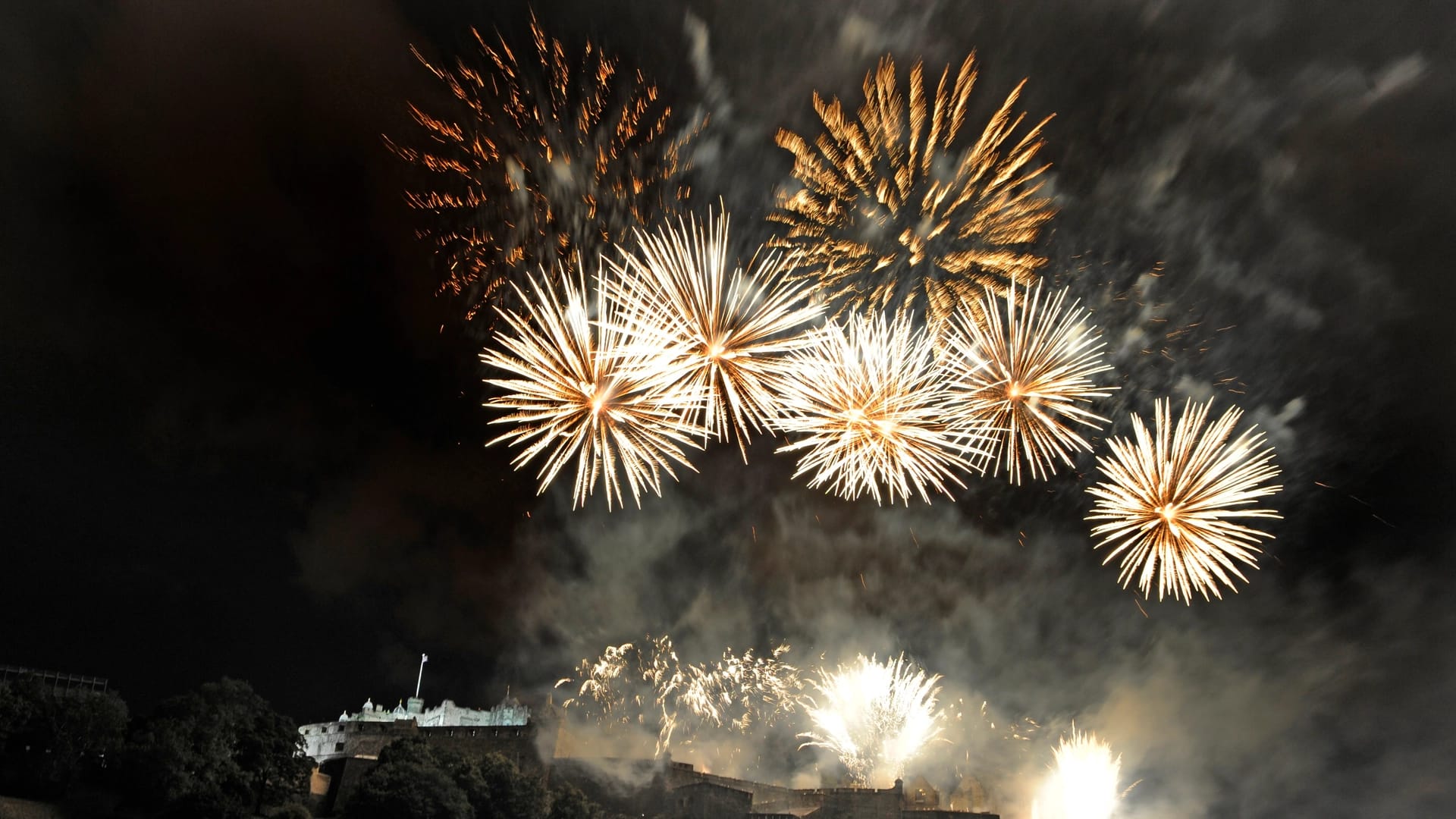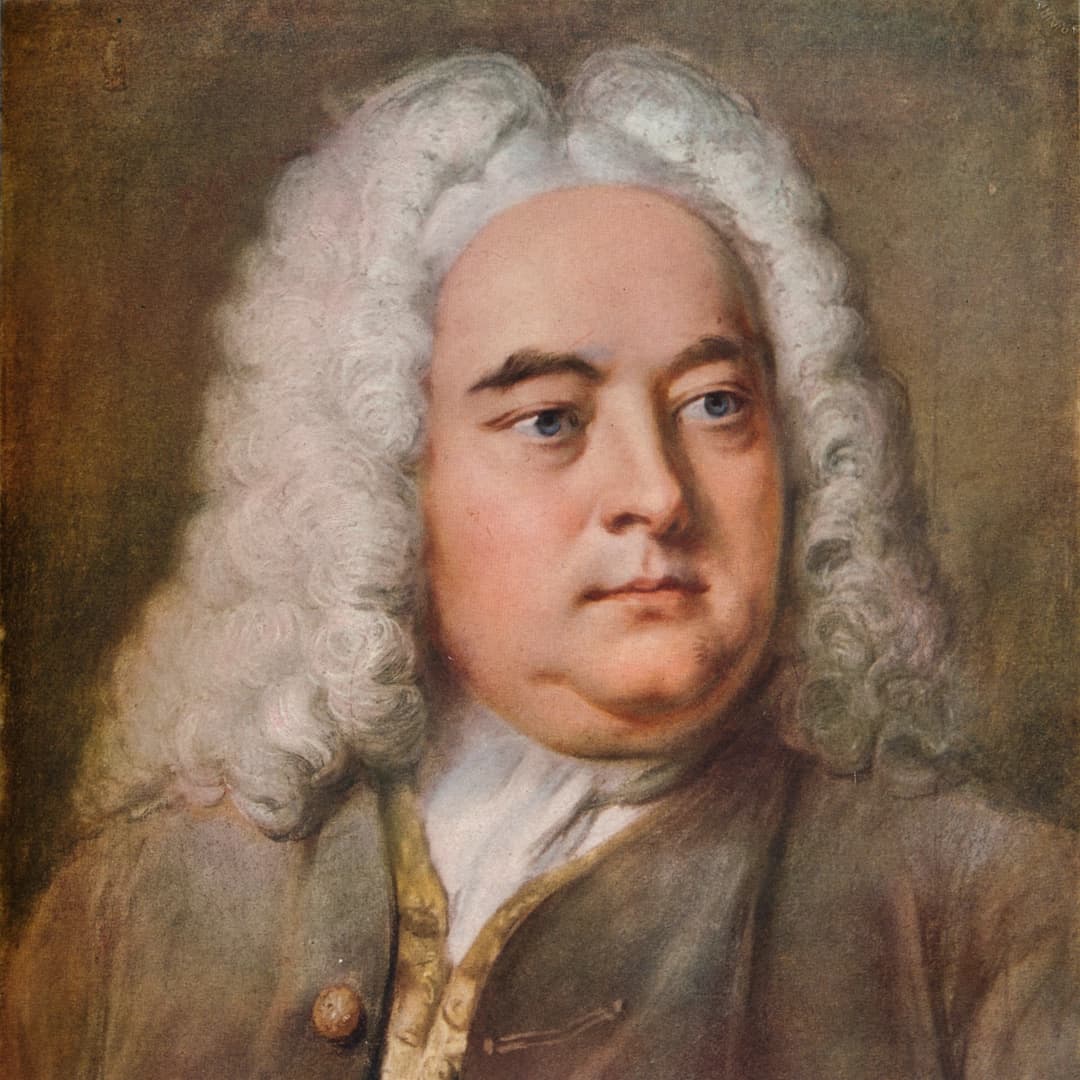
articles / Saturday Morning Car Tunes
Saturday Morning Car Tunes: George Frideric Handel, Pt. III
Robbie Jack/Getty Images

Print Collector/Getty Images
Listen to the episode!
Handel didn’t just write operas and oratorios. He also wrote music without words. Sonatas, concertos, sinfonias, overtures, and… wait, are those fireworks?
Howdy, howdy, howdy! I’m Solomon Reynolds, and this is: Saturday Morning Car Tunes! This morning…
George Frideric Handel is best known for his operas and oratorios, but he never stopped writing instrumental music—or, music without words. One famous example is his Water Music, written for the king’s boat ride down the river.
Although Handel was mostly a keyboard player, his Harp Concerto is still popular with harpists.
According to legend, Handel once took shelter from a rainstorm in a blacksmith’s shop. After hearing the hammer on the anvil, or maybe the blacksmith’s singing, he composed "The Harmonious Blacksmith."
Almost 200 years later, Percy Grainger reimagined what that piece might have sounded like on the Strand, London’s version of Broadway.
Brahms was also inspired by Handel’s keyboard music and wrote 25 variations and a fugue!
Handel himself got inspired by other composers, like Arcangelo Corelli, who wrote a famous collection of concerto grossos, or concertos with more than one soloist.
Handel responded with his own Twelve Grand Concertos, some of the very best from the Baroque era.
Filmmakers love Handel’s instrumental music for period dramas, like this organ concerto from the movie Dangerous Liaisons.
Are those… fireworks?
Handel’s largest orchestral work was his Music for the Royal Fireworks, celebrating the end of a war.
Through water or fire, Handel’s music just works.
I’m Solomon Reynolds. I write and produce Saturday Morning Car Tunes, with research assistant Carolina Correa and audio engineer Stephen Page, only on Classical California. Tune in—or out of your car—next Saturday morning!






